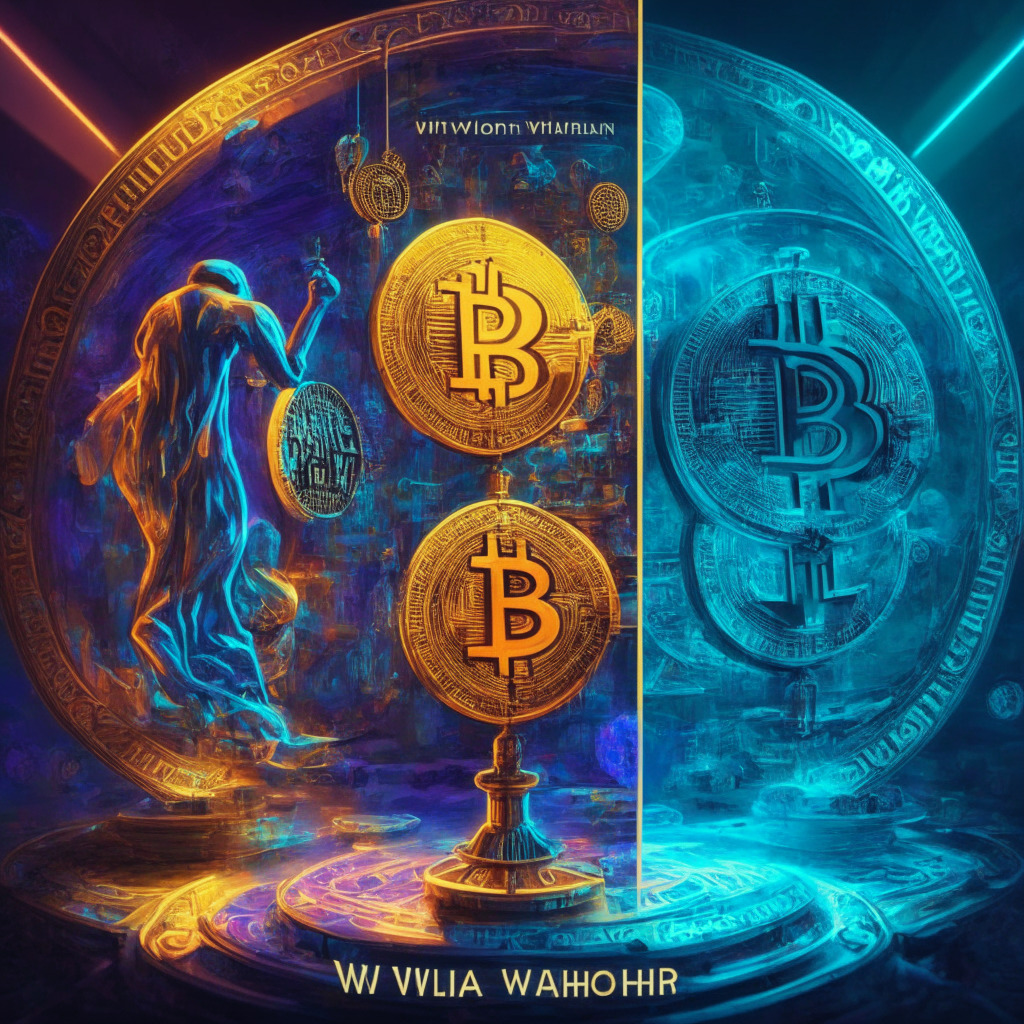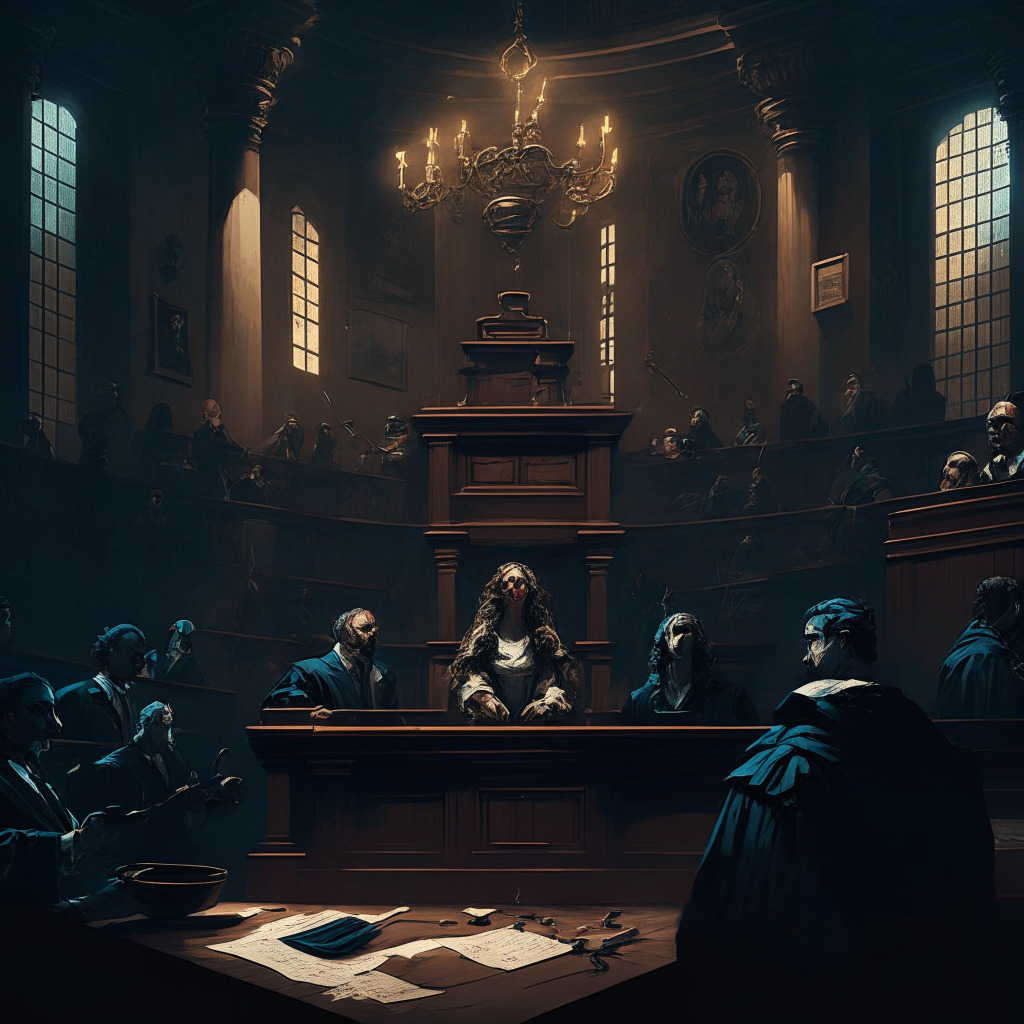A recent settlement agreement between the Wahi brothers and the SEC has sparked conversation among the cryptocurrency community, giving rise to both support and criticism. The case, which involves former Coinbase manager Nikhil Wahi and his brother Ishan, accused the brothers of trading crypto assets with insider knowledge.
This case is one of the first to center around the insider trading of crypto assets, uncovering new controversies surrounding the regulation of cryptocurrencies. As part of the settlement agreement, the Wahi brothers accepted that at least nine of the 25 crypto assets, which were traded as part of their scheme, be classified as securities. Although they agreed not to deny the SEC’s allegations, this acceptance raises questions about the regulatory implications for the fast-growing crypto industry.
On one hand, such regulatory measures can provide a sense of security and transparency for investors, who may already be wary of price manipulation and fraud. By holding perpetrators accountable, the SEC can potentially deter potential wrongdoers from abusing their positions for personal gain. Moreover, enforcing regulations can also facilitate the integration of cryptocurrencies into mainstream finance, eventually leading to broader adoption and acceptance.
On the other hand, some argue that the settlement unfairly subjects cryptocurrencies to stringent securities regulations that may not be entirely applicable. Lawyers representing Ishan Wahi attempted to dismiss the insider trading allegations, arguing that the SEC was using the case to gain regulatory jurisdiction over the crypto space. They pointed out that the developers who created the tokens in question had no obligations to the purchasers on the secondary market – a crucial element in defining investment contracts under securities regulations. Coinbase also denied the SEC’s claims, stating that it does not list securities.
As the case unfolds, a delicate balance must be struck to ensure the protection of investors and avoid stifling the innovative potential of cryptocurrencies. Appropriate regulations should aim to maintain market integrity without hindering the development of emerging blockchain technologies and cryptocurrency markets.
In conclusion, the Wahi brothers’ settlement agreement with the SEC has undoubtedly put the spotlight on the complexities surrounding the regulation of cryptocurrencies. While it is crucial to protect the interests of investors and maintain market integrity, it is equally important to let the industry evolve and prosper to harness its potential fully. Ultimately, the primary challenge lies in finding the right balance between security and innovation, and only time will tell how successful regulators are in achieving this delicate equilibrium.
Source: Blockworks




